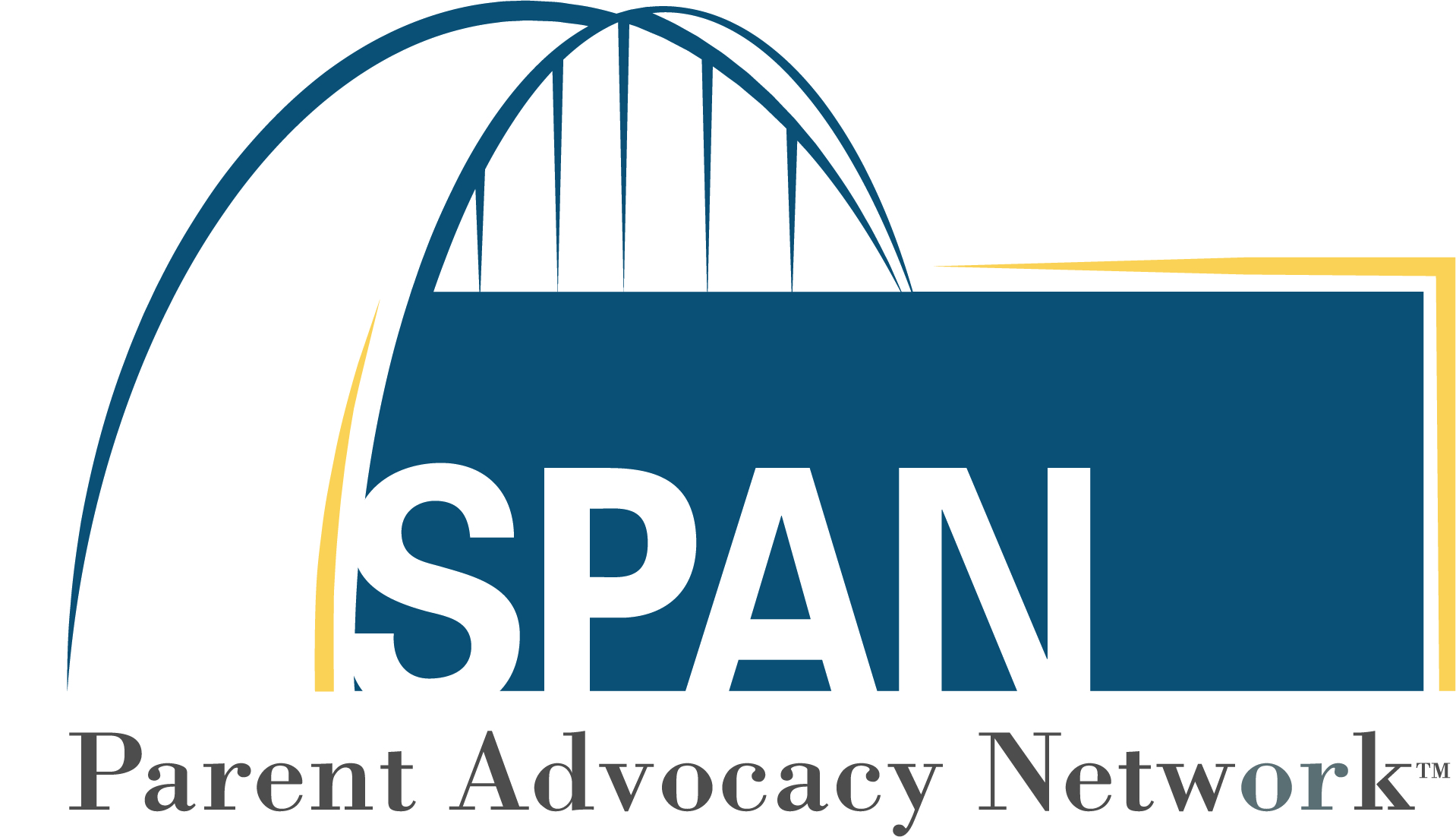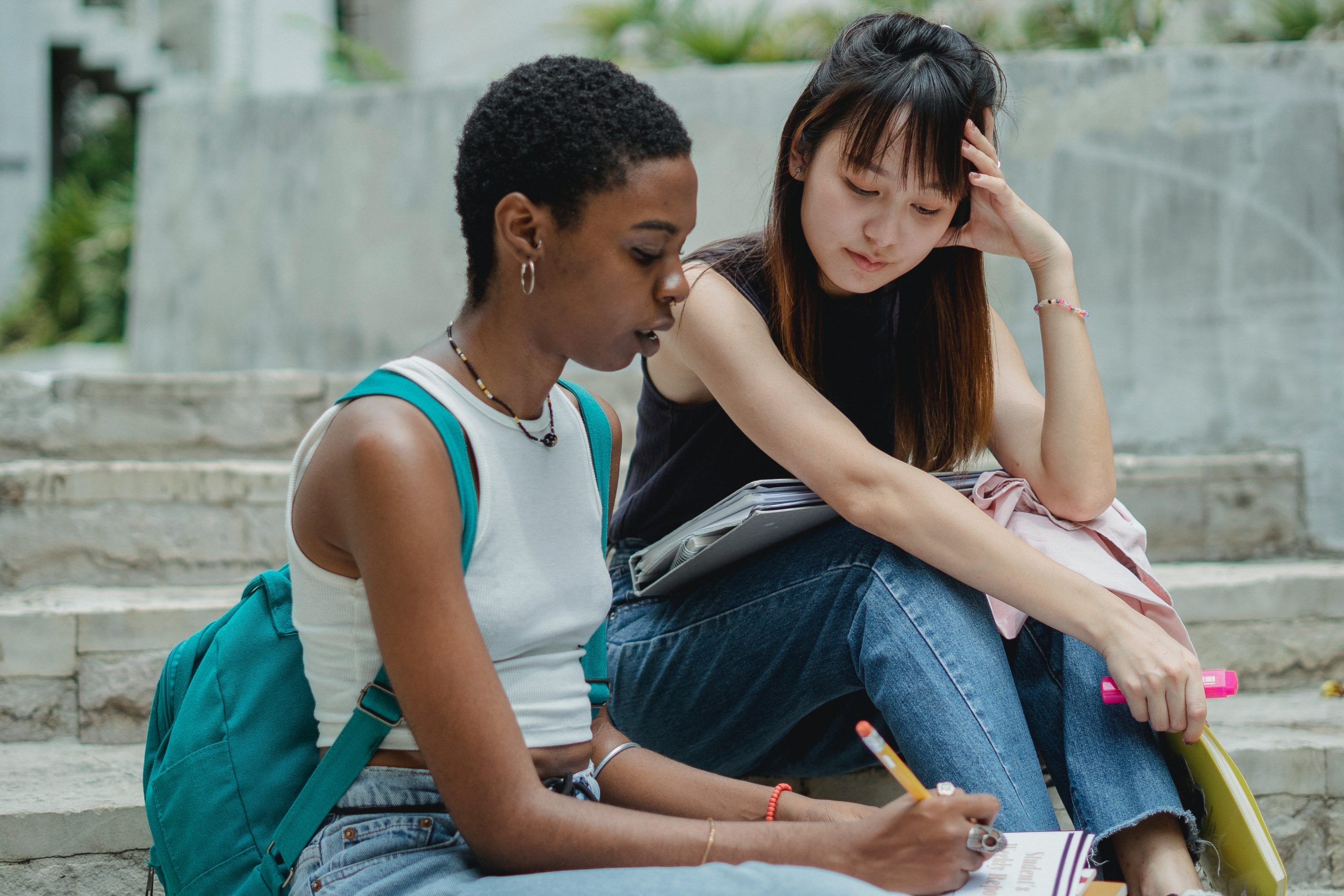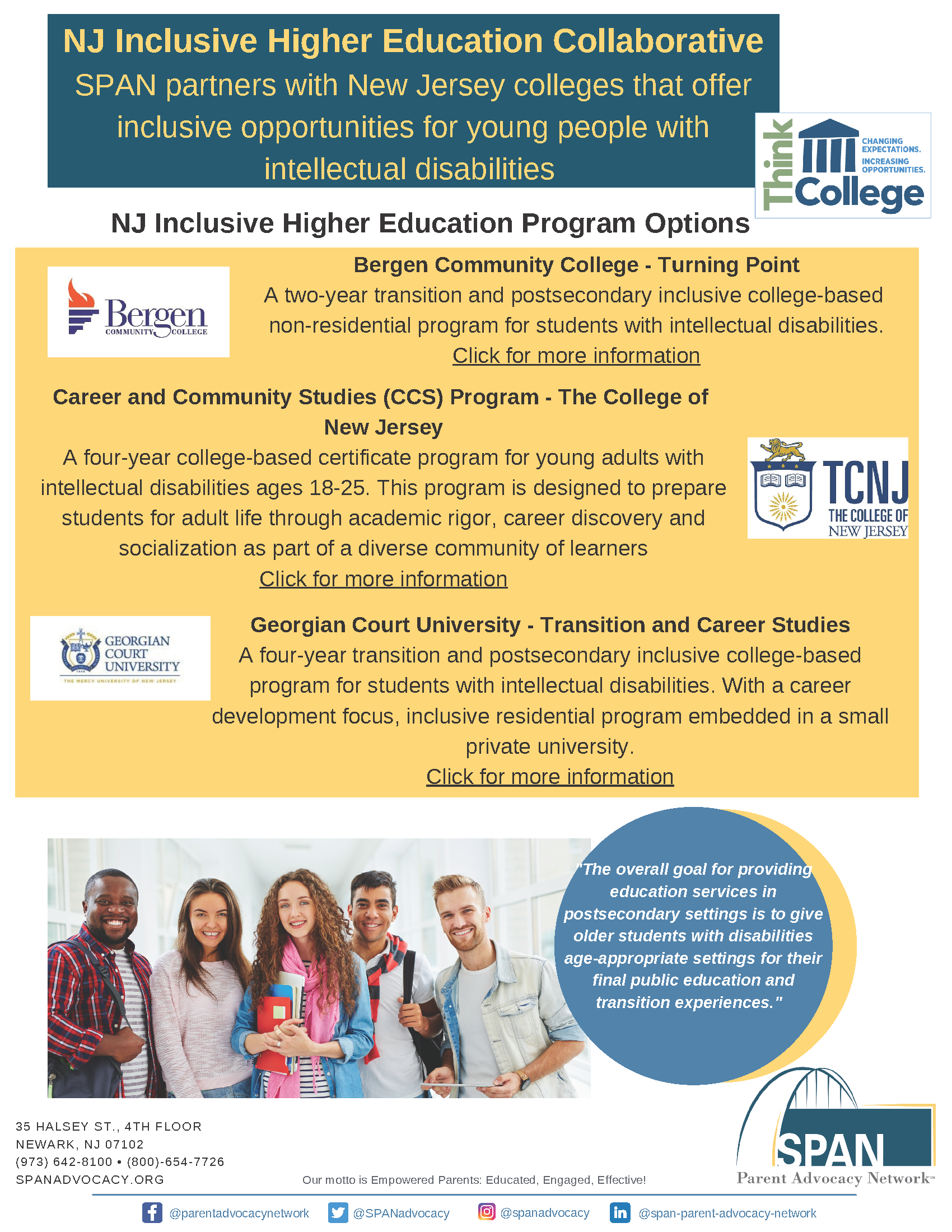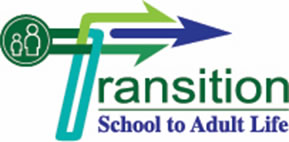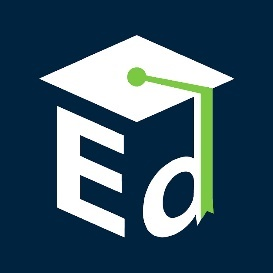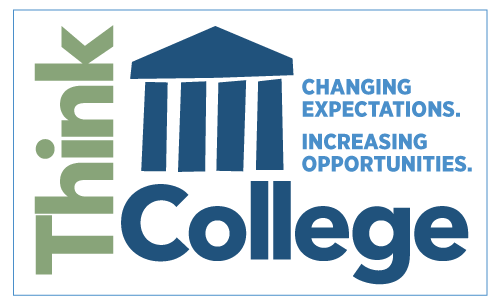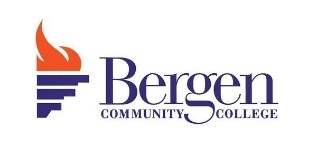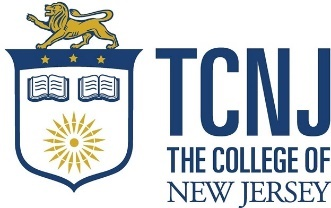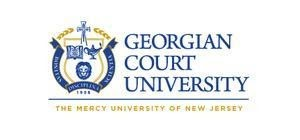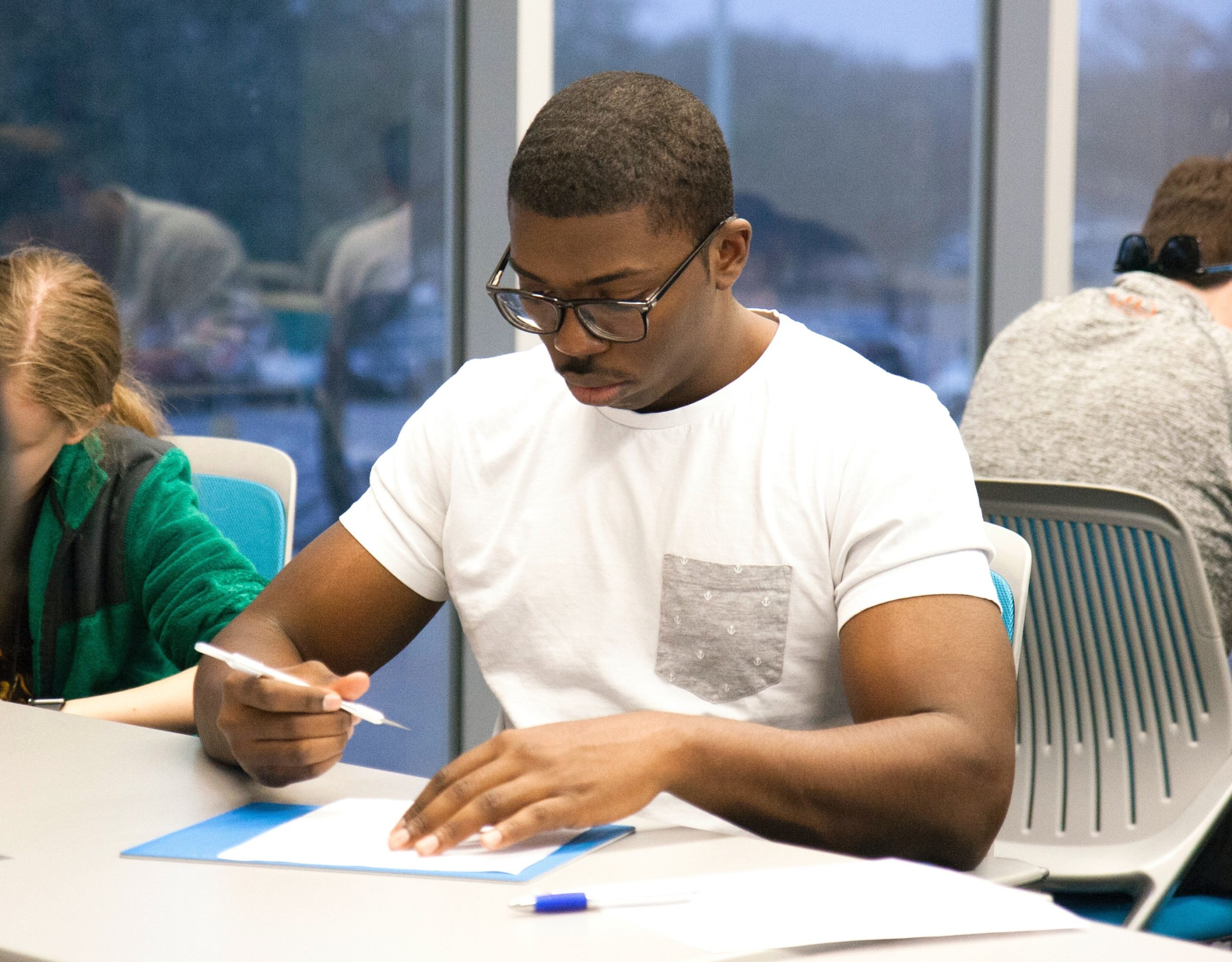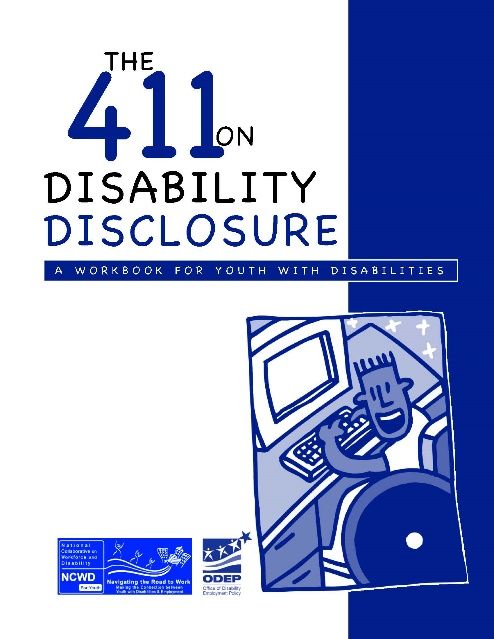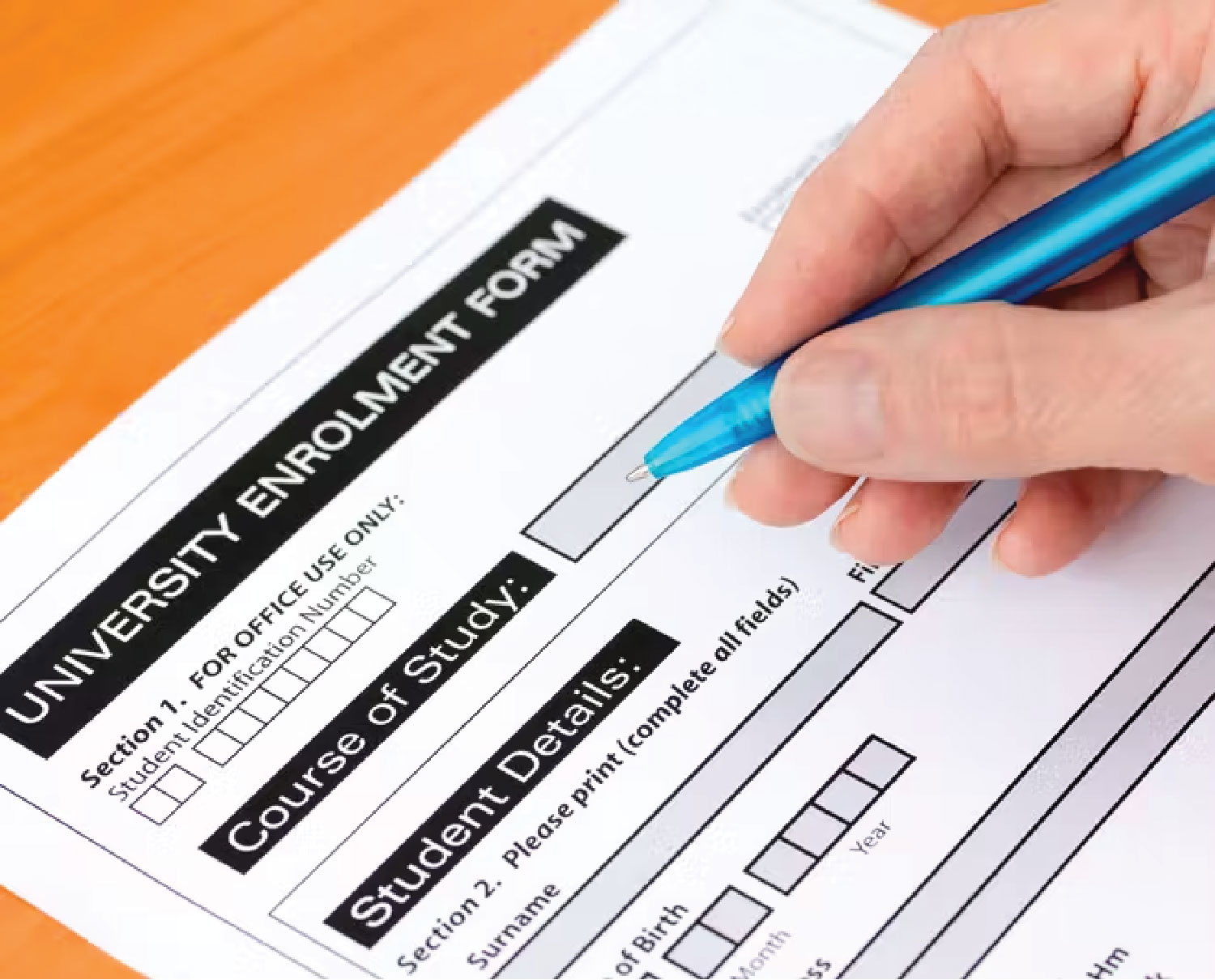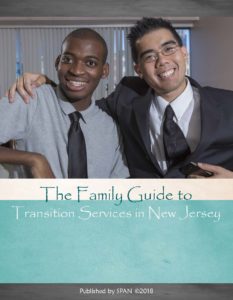Education After High School
SPAN needs your input
Did you know that there are postsecondary higher education options for youth with intellectual and developmental disabilities(I/DD)?
More and more high school students with disabilities are planning to continue their education in postsecondary schools, including vocational and career schools, two- and four-year colleges, and universities. Students with disabilities need to be well informed about their rights and responsibilities related to continuing their education. They also need to understand the responsibilities that schools have toward them. Being well informed will help ensure that students have a full opportunity to enjoy the benefits of the postsecondary education experience without confusion or delay.
All colleges are required to provide basic services so that students with disabilities have access. These services are coordinated by a Disability Services office and students must request them.
Some colleges provide high-quality, inclusive transition and postsecondary programs for students with I/DD. These are often funded by grants from the federal government.
Learn more about postsecondary options
NJ Inclusive Higher Education Program Options
SPAN is partnering with three New Jersey colleges that offer programs for students with I/DD.
Bergen Community College
Turning Point
- A two-year transition and postsecondary inclusive college-based non-residential program for students with intellectual disabilities.
- The program supports competitive integrated employment as a goal for each student participant.
The College of New Jersey
Career and Community Studies (CCS) Program
- A four-year college-based certificate program for young adults with intellectual disabilities ages 18-25.
- Designed to prepare students for adult life through academic rigor, career discovery and socialization as part of a diverse community of learners.
Postsecondary Education Options
There are multiple options for postsecondary education and training.
4-Year College/University
-
- Bachelor’s degree granting program – can register with office of disability services and receive accommodations
- Certificate program for students with ID
2-Year College
-
- Associate’s degree granting program – can register with office of disability services and receive accommodations
- Certificate program for students with ID
Other Options:
-
- Vocational/Technical Programs or Schools – Prepare a student for a specific trade or career
- Apprenticeships – Learn a trade or practice via on the job training; often leads to a license to practice in a regulated occupation
- Adult Education and Continuing Education – Opportunities for adult growth and development
- Employer-Provided Job-Training – Employer provides training for a job once a person is hired
- Pre-Apprenticeship Programs – Provide education and training that prepare participants for placement into a Registered Apprenticeship program, into a post-secondary college or occupation-specific career training program, or into the workforce.
Preparing for Postsecondary Education
Developing an IEP that leads to Postsecondary Education
Early in the transition process, a student is encouraged to:
- Take interesting and challenging courses that prepare him or her for college. The course of study or schedule of classes the student takes each year in high school must be planned to be sure that they:
-
-
- will meet requirements for graduation
- include electives that will support the student’s goals for after high school
-
2. Be involved in school and/or community-based activities that allow them to explore career interests, including work-based learning or internship opportunities
3.Meet with school guidance counselors to discuss career goals, such as vocational and educational goals, programs of study, college requirements, including the admissions process and any standardized tests required for admission; and
4.Be an active participant during the IEP meetings – SPAN offers workshops on Student-Led IEPs
- Explore assistive technology (Smart phone, tablet, Chromebook, Screen Reader, etc.) that can support their learning and help with academics, organizational, time-management and independent living skills. For example using a device to:
- Set up a schedule/calendar
- Take notes by dictating
- Set task reminders
- Use a timer
- Use screen reader to access difficult text more easily
- Keep track of a budget
- Maintain a contact list
- Make informed decisions and be involved in planning for their own postsecondary education. For example:
- Participate in selecting elective courses
- Choosing extracurricular activities to be involved in
- Make choices about conflicting activities – “I have a party invitation and a report due in a few days”
- Practice Self-Advocacy – understanding your strengths and needs and what you need to be successful in school. For example:
- Create a list of things that work or don’t work for them and share with teachers
- Remind teachers of accommodations or modifications that are supposed to be provided
Developing an IEP that leads to Postsecondary Education
Transition Goals, Services and Activities
Build Skills, Make Connections
Identifying postsecondary education as a goal should lead the IEP team to identify specific skills and experiences the student needs in high school that will lead to success in postsecondary education.
Early in the transition process, a student is encouraged to:
- Take interesting and challenging courses that prepare him or her for college
The course of study or schedule of classes the student takes each year in high school must be planned to be sure that they:
-
- will meet requirements for graduation
- include electives that will support the student’s goals for after high school
- Be involved in school and/or community-based activities that allow them to explore career interests, including work-based learning or internship opportunities
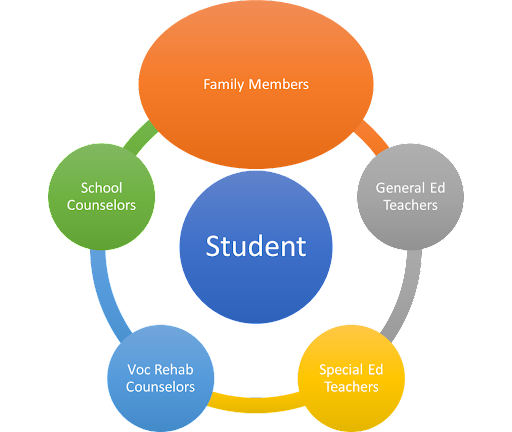
Research has shown that gaining paid work experience while still in high school is a strong predictor of whether a student with a disability will be employed after high school.
3. Meet with school guidance counselors to discuss career goals, such as vocational and educational goals, programs of study, college requirements, including the admissions process and any standardized tests required for admission; and
4. Be an active participant during the IEP meetings – SPAN offers workshops on Student-Led IEPs
Differences between High School and College
Although postsecondary students with disabilities are entitled to certain protections, the process for accessing accommodations is much different than in high school. Youth must take a more active role in knowing their rights and advocating for supports that they need. This means they must know about their disability and the accommodations they need to be successful. Families play an important role in helping their young adults learn self-advocacy skills, as well as their rights as a person with a disability.
.
High School |
|
Focus on Success
|
| Accommodations and modifications are requird |
| Education is a right |
| School district identifies, evaluates, develops and delivers IEP |
College |
|
Focus on Access
|
| Only accommodations are required |
| Education is NOT a right |
| Students must self-identify needs and request services – “disclosure” |
What is Disability Disclosure?
It is up to students to disclose their disabilities if they so desire. In order to benefit from the ADA and the Rehabilitation Act, you must disclose your disability. Students would need to do this with the Office of Disability Services at their college/university.
What is most important and helpful is to provide information about
1) how your disability affects your capacity to learn and perform effectively
2) the environment, supports,and services you’ll need in order to access, participate in, and excel in school, your job, and community
College Application and Admission Process
As you begin to think about applying to college, it is important to remember that:
- You have to apply and be accepted into college
- There are timelines and fees for submitting applications – each college is different
- The school counselor can help navigate the process
- The admissions process often includes an interview – A helpful resource to use in preparing for a college admissions interview
- Federal financial aid is available for students with intellectual disabilities who are going to college
Learn about Eligibility for Federal Financial Aid
Overview of Federal Financial Aid
Vocational Rehabilitation (VR) services can include helping people identify and pay for skills training at vocational and trade schools. In some cases, VR will help pay for two- to four-year college programs leading to a degree. Learn more about NJ DVR services here
Learn More about Transition from School to Adult Life and Learning After High School:
The Family Guide to Transition Services in New Jersey | Answers questions about Transition to help make it a successful period for youth/young adults with disabilities and their families
La Guía para la Familia de Servicios de Transición en Nueva Jersey | Esta guía tiene la intención de responder sus preguntas y trata de hacer que la transición sea un período exitoso para familias, adolescentes y adultos jóvenes con discapacidades.

